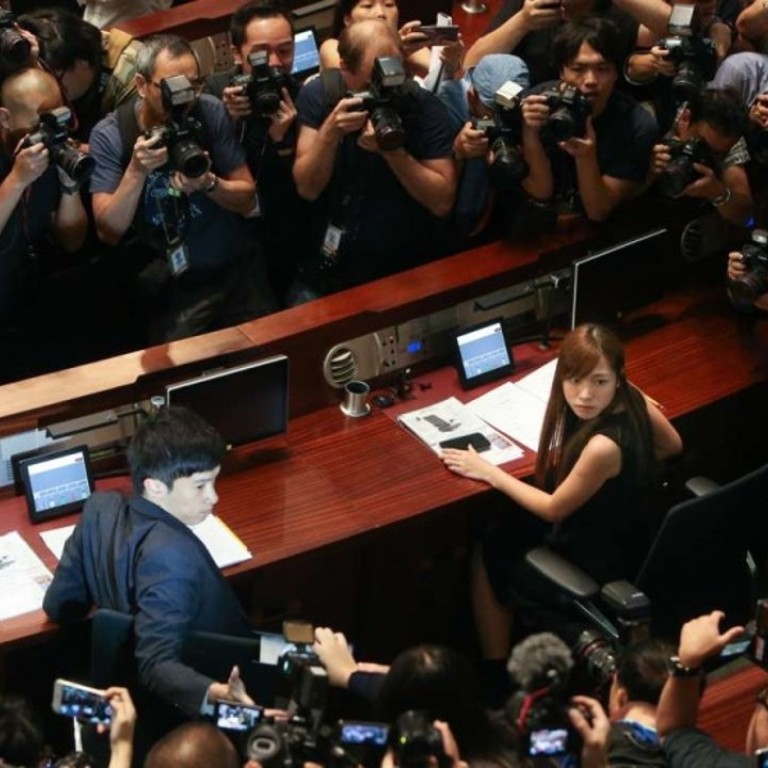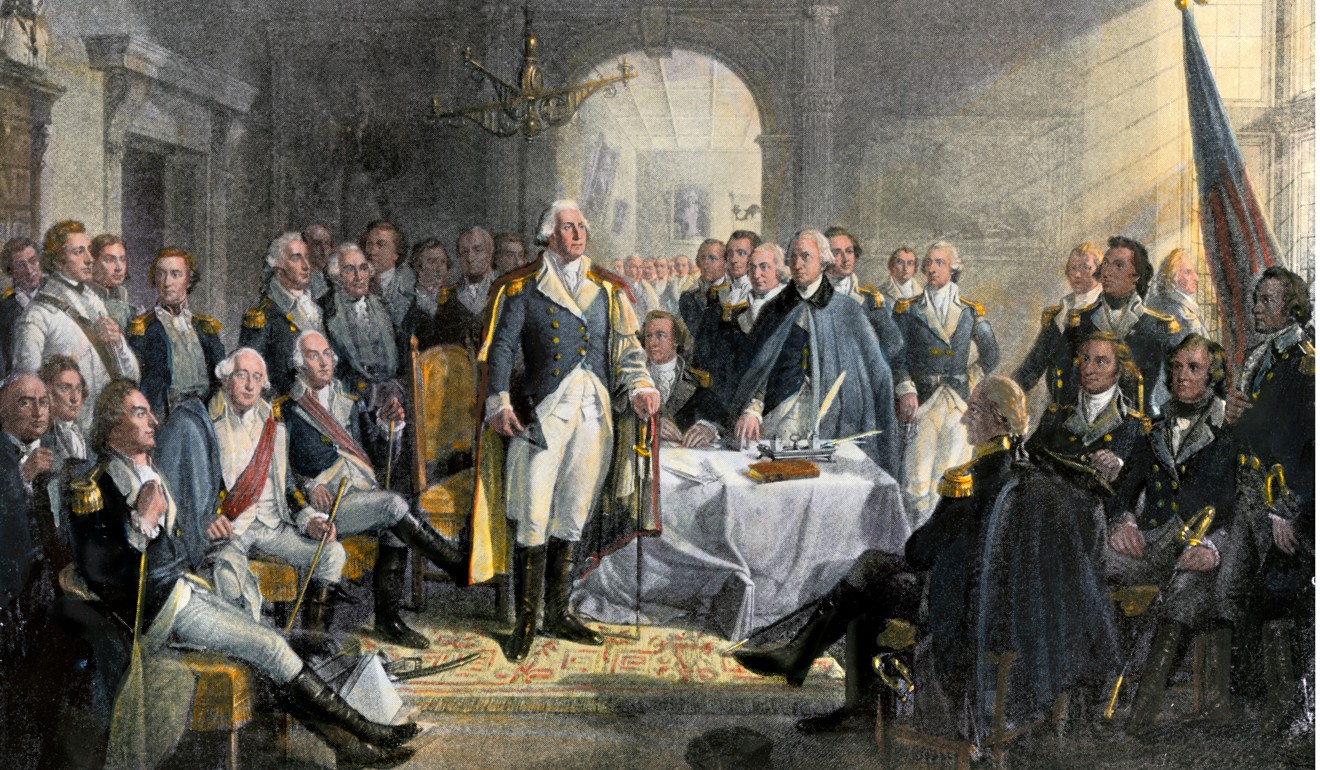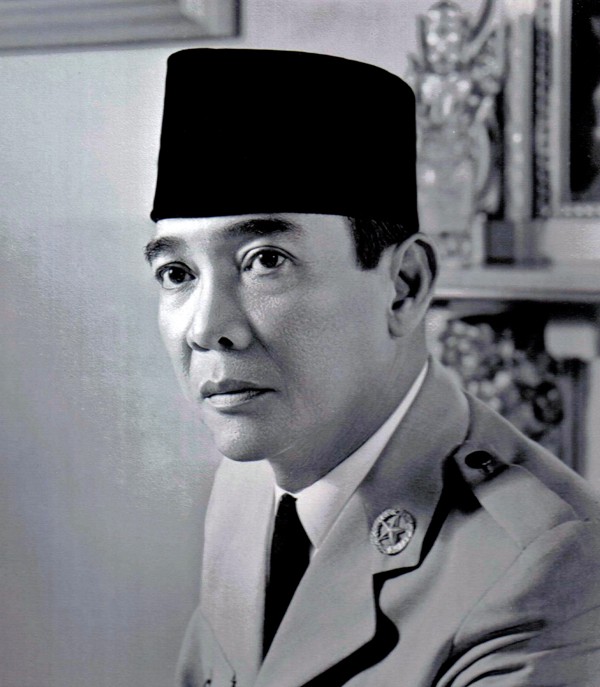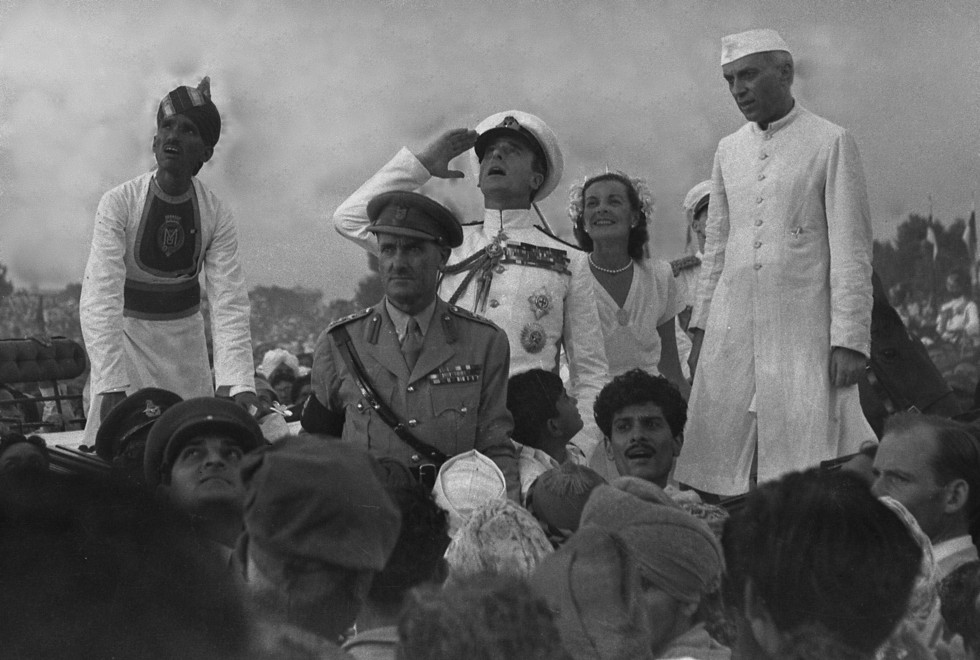
Hong Kong radicals: how independence movements start
From America to India, history is littered with examples of how separatist movements are born – out of a sense of frustration with the status quo. Is there a lesson to be learned for Hong Kong?
What are the historical processes that radicalise individuals hitherto prepared to work incrementally within established political frameworks, turning them resolutely towards sweeping change? Many leaders of what would become independence movements – often, subsequent heads of new nation-states – did not initially aim for full political separation from their erstwhile sovereign power. Most simply wanted a desire for reasonable political change to be met sympathetically, intelligently and constructively by those in power. History offers numerous examples of the independence genie – once released – adamantly refusing to go back in the bottle.
In the early 1770s, George Washington, Thomas Jefferson and their associates in Britain’s North American colonies initially sought better representation for their local interests in London, and a more responsive home-grown government. And that was all. These individuals radicalised into separatism leading ultimately to the American revolution and a new independent state – only when requests for improved governance on local issues were repeatedly, arrogantly ignored by a faraway, poorly advised government badly served on the spot by its own appointees.

On the winding path towards Indian independence, from early constitutional reforms in 1917 to the Government of India Act in 1935, which paved the way for autonomy, any slow down was, rightly or wrongly, interpreted by Indian nationalists as a sign of poor faith by Britain. Venal, incompetent local politicians who – like crabs in a bucket – were usually more interested in pulling each other down than climbing out of the pot, didn’t help matters; the few genuine statesmen among them, such as Jawaharlal Nehru, had their work cut out to maintain the forward momentum that finally brought independence in 1947.
In 1946, following Sukarno’s August 1945 declaration of independence from the Dutch, Indonesian nationalist leaders signed the Linggadjati Agreement. This accord would recognise an independent Indonesia with close association with the Netherlands, along similar lines to the relationships between Britain and Australia, New Zealand, Canada and South Africa.
Almost immediately, this compromise was unilaterally altered by the Dutch government, rendering it practically unworkable and politically impossible for even the most moderate Indonesian nationalists to accept. The Dutch went on, over the next decade, to lose literally everything they possessed in Indonesia as a direct consequence.

Widespread youth mobilisation is the most striking new development; the sheer number of articulate, motivated 20-somethings who ran for public office in the 2016 Legislative Council election – or attempted to do so, until prevented – is unprecedented.
When one side of a political reform process feels it has been unreasonably obstructed, serially hoodwinked, generally led up the garden path and – yes, let’s say it – deliberately lied to, the day soon comes that no other course seems open but complete rejection of the status quo. The chronology, seen throughout history, of deferral, disappointment and rising public frustration with glacial progress towards a state of affairs that might offer better local governance, speaks directly to Hong Kong’s parlous situation.
As I wrote in this column three years ago, when Occupy gradually became inevitable, everyone in Hong Kong’s political spectrum – from pan-democrat ranters to United Front zombies and hopelessly out-of-their-depth bureaucrats – was dangerously in the wrong. Nothing substantive has changed for the better. It remains to be seen if the incoming administration can bridge seemingly impassable chasms, or whether Hong Kong’s deeply unfunny political farce will eventually dissolve into tragedy.


